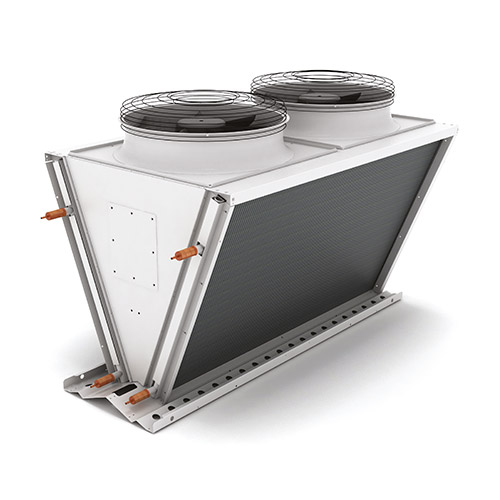
In the realm of modern industrial applications, efficiency, reliability, and sustainability are key priorities. As industries evolve and technology advances, the demand for innovative thermal management solutions continues to grow. Microchannel heat exchangers have emerged as indispensable tools in meeting these demands, offering unparalleled performance across a wide range of industrial applications. Let’s delve https://www.kaltra.com/microchannel-heat-exchangers into how microchannel heat exchangers are reshaping modern industrial processes.
Compact Design, Powerful Performance
Microchannel heat exchangers are characterized by their compact design and intricate network of small channels, which maximize surface area for heat transfer while minimizing space requirements. This compactness allows for greater thermal efficiency and faster response times compared to traditional heat exchangers. In industrial applications where space is limited or where rapid temperature regulation is essential, microchannel heat exchangers offer unmatched performance and versatility.
Enhancing Heat Transfer Efficiency
One of the primary advantages of microchannel heat exchangers is their ability to enhance heat transfer efficiency. By optimizing fluid flow pathways and maximizing surface area contact, these innovative devices facilitate more efficient heat exchange between fluids. This results in faster heating or cooling rates, improved process control, and reduced energy consumption. In industries such as chemical processing, food and beverage production, and pharmaceutical manufacturing, where precise temperature control is critical, microchannel heat exchangers play a vital role in optimizing process performance.
Corrosion Resistance and Durability
In harsh industrial environments where corrosion and chemical resistance are major concerns, microchannel heat exchangers excel. Manufacturers offer a variety of materials and coatings specifically designed to withstand corrosive substances and harsh operating conditions. This ensures long-term durability and reliability, even in the most demanding industrial applications. Whether used in petrochemical plants, refineries, or wastewater treatment facilities, microchannel heat exchangers provide robust solutions for heat transfer and thermal management.
Energy Efficiency and Sustainability
Microchannel heat exchangers contribute to energy efficiency and sustainability in industrial processes by minimizing energy consumption and reducing environmental impact. Their compact design and enhanced heat transfer capabilities enable more efficient use of resources, resulting in lower operating costs and reduced carbon emissions. In industries such as power generation, where energy efficiency is paramount, microchannel heat exchangers play a crucial role in improving overall system performance and reducing environmental footprint.
Versatility Across Industries
Microchannel heat exchangers offer versatility across a wide range of industrial applications, from chemical processing and oil refining to HVAC systems and power generation. Whether used for process heating and cooling, heat recovery, or fluid handling, microchannel heat exchangers can be tailored to meet the specific needs of different industries and applications. Their customizable design, combined with advancements in materials science and manufacturing techniques, make them indispensable tools for optimizing industrial processes and improving overall efficiency.
Conclusion
Microchannel heat exchangers are revolutionizing modern industrial applications by offering compact, efficient, and reliable solutions for thermal management. Their ability to enhance heat transfer efficiency, withstand harsh environments, and promote energy efficiency and sustainability make them indispensable tools across various industries. As industries continue to evolve and strive for greater efficiency and sustainability, microchannel heat exchangers will play an increasingly important role in driving innovation and optimizing industrial processes.
